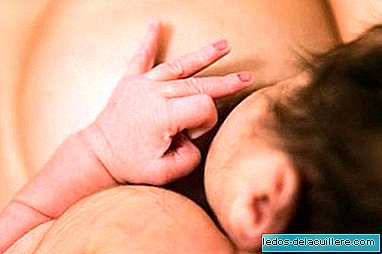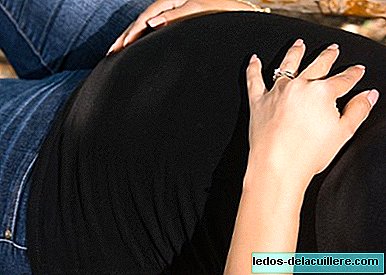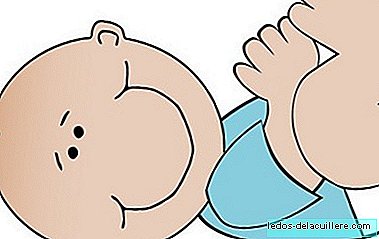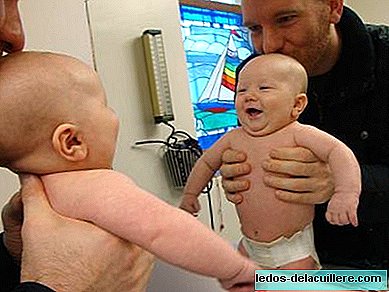
That breast milk is the best for the baby there is no doubt. It is "biological gold" that helps prevent diseases, reduces the risk of infections, and promotes cognitive development, among many other benefits. In addition, of course, the link established between the mother and the baby.
WHO recommends exclusive breastfeeding during the first six months of life and then supplemented with solids for at least two years. Actually, there are very few children who benefit from breastfeeding until that age or more, but it is a practice that must be encouraged, since apart from the undoubted advantages for the health of children, it also represents a great economic benefit: prolonging breastfeeding would save the health system millions of euros.
In the United Kingdom they have quantified the savings that children would be fed for longer with breast milk. According to a study that has just published the magazine Archives of Disease in Childhood, the English National Health System could save 40 million pounds a year, or what is the same, no less than 50 million euros.
How have they calculated it? Based on the cost of diseases in which breastfeeding has been shown to have greater benefits: gastroenteritis, respiratory infections, otitis and necrotizing enterocolitis, a serious disease common in premature babies that causes irreversible damage to the intestine. The cost of all of them amounts to 112 million euros per year.
In addition, it should be borne in mind that prolonged breastfeeding is also beneficial to the mother's health. Breastfeeding for at least 12 months reduces the risk of breast cancer, a disease that takes about 1.2 billion euros each year from the British coffers.
It doesn't take so much. Researchers have calculated that if the number of English women who breastfeed increases for four months from the current 7 percent to 21 percent, the hospital cost associated with gastroenteritis would be reduced by 1.5 million euros annually. And if it amounted to 45% or even 65%, the money saved would be four and six million euros, respectively.
I don't know if our country is comparable in amounts, but without a doubt the health system would save a lot of money if at least half of Spanish mothers exclusively breastfeed the first six months recommended by WHO. Proportionally, that saving would be greater if breastfeeding time was extended. Investing in the promotion and promotion of breastfeeding has an important economic impact. Is it so difficult to see the obvious?












